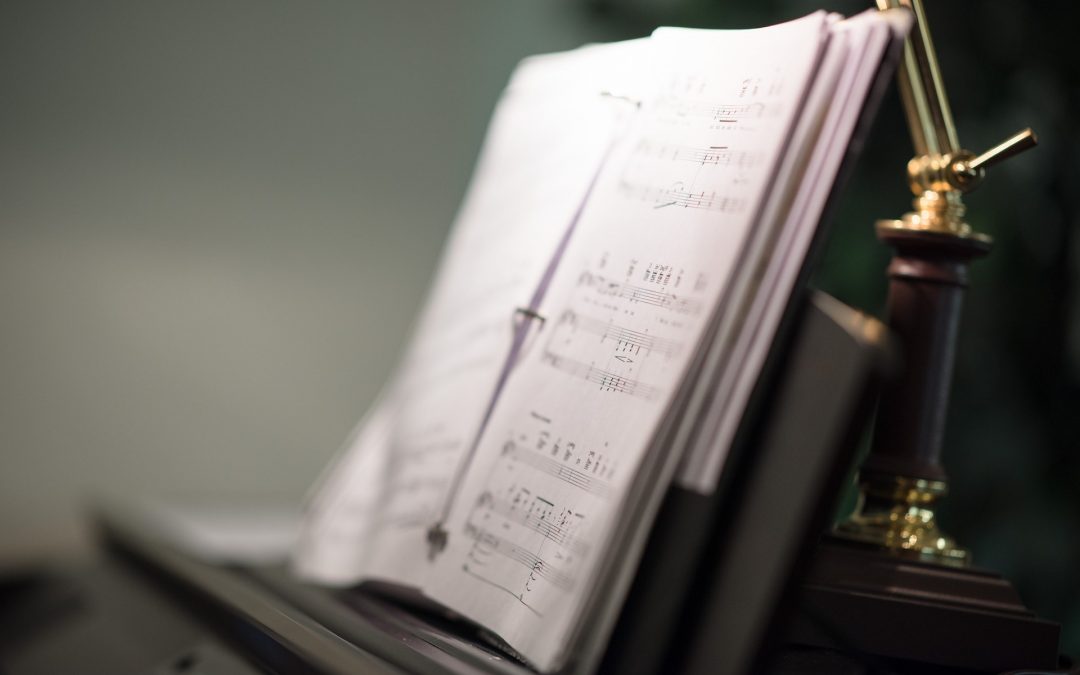Becoming a guitarist in a musical theatre orchestra is no easy feat. The guitar is one of the most popular instruments that people learn and there are huge numbers of very proficient guitarists in the UK, many of which are vying for very few guitarist vacancies.
Performing in a musical theatre orchestra is very different to performing as a solo classical guitarist and classical training is not deemed necessary. You will need a good degree of skill but you also need to be able to learn pieces quickly and the ability to read music is essential. You also need to be able to play with other musicians which is a skill in itself. The best experience you can have if you are considering trying out as a musical theatre guitarist, is to spend as much time playing as many songs, with as many people, as possible.
The styles of music that you may be asked to play will range hugely, from rock to reggae, from classical to jazz. Flexibility is the best trait you can possess. Because of this, many guitarists in theatre orchestras do not have classical training. If it is your goal to become one then don`t spend hours and hours practicing Segovia but rather spread your practice time over as many styles as possible.
Another important point to bear in mind is this – being the guitarist in a musical theatre orchestra will not make you a star. If you are looking to be famous then you should start a band and write popular music, then, if you are good enough, you might just make it. Even the best classical guitarists in the world are virtual unknowns. Only guitarists like Eric Clapton or Keith Richards become household names.
Nor will you be the star of the orchestra itself. In an orchestra, everyone is equal and the guitarist is nothing special. In fact, as the guitarist you may find yourself with nothing to play for long stretches of the performance. This is another skill that you will need, the ability to concentrate for long periods of time and the patience to wait for your time to play.
If flexibility is the best trait to have to get on as a professional guitarist then a close second is doggedness. You will most likely need to audition for many jobs before you land one and you will need to either already have, or quickly develop, a thick skin to deal with rejection after rejection. However, it`s not all doom and gloom. Once you have a few jobs under your belt you become much more appealing to musical directors looking for a guitarist. As you gain more and more experience you should find work more and more easy to come by.
The key point is that it isn`t the most talented musicians that make it. Yes, you do need a certain amount of talent but it is determination and flexibility that really matter.
Rates of pay vary depending on the size and location of the theatre. A guitarist in a large London theatre is likely to receive more money per performance than in a small, provincial one. Orchestra members in popular theatres in large towns and cities may be contracted and paid a salary whereas touring performances, or small town theatres, will usually pay per performance on a self-employed basis. It is hard to make more than 20,000 per year as a professional guitarist and many subsidise their income by giving guitar lessons and performing as session musicians for recording artists.
